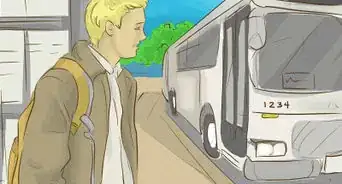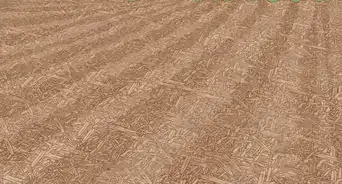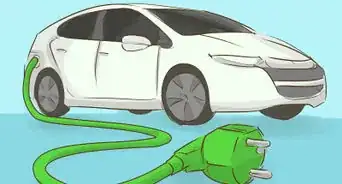This article was co-authored by wikiHow Staff. Our trained team of editors and researchers validate articles for accuracy and comprehensiveness. wikiHow's Content Management Team carefully monitors the work from our editorial staff to ensure that each article is backed by trusted research and meets our high quality standards.
There are 10 references cited in this article, which can be found at the bottom of the page.
This article has been viewed 17,578 times.
Learn more...
Bushfires are natural, periodic fires that break out among overgrown vegetation. They're common in Australia, but can occur anywhere with enough growth to support the fire. While they’re a regular occurrence, they can still be very dangerous and cause significant property damage if they burn out of control. While you can’t stop them from starting completely, you can take steps to make your own property safer if fires do break out. With some careful planning, you can stop fires from starting or spreading on your property and in your community.
Steps
Clearing Your Property
-
1Keep the grass and shrubbery around your home short. A well-maintained property can resist brushfires better than a property with a lot of overgrowth. During the bushfire season (spring and summer), mow your grass regularly to prevent it from getting too long. Set the wheels on your lawnmower no higher than 3 inches (7.6 cm). This keeps the grass short enough to prevent fire hazards. Also, prune trees and shrubs so they’re well-manicured and less-likely to burn.[1]
- If you live in a very fire-prone area, then it’s best to get rid of shrubs altogether.
-
2Remove weeds and other overgrowth from your garden. Any extra plants on your property can help fires spread, so monitor your garden regularly for weed growth. Pull out new weeds entirely, including the root sections. Otherwise, the weeds will continue growing.[2]
- Weeds grow fast, so check your garden at least once a week for new growths.
- You can also use an herbicide to cut down on weed growth on your property. It’s best to spray in the fall or late winter to prevent new weeds from growing during the spring.
Advertisement -
3Clear any brush or overgrowth within 60 m (200 ft) of your home. If you have a larger property near a wooded area, then there may be some excess brush near your home. Chop down all of the brush, shrubs, trees, and other overgrowth within 60 m (200 ft) of your home. This can stop fires from spreading too close to your home.[3]
- Pick up all of the remnants from the plants you cut down. Leaving debris is also a fire hazard.
- You can use an herbicide for this job as well. But make sure to dig up or cut down any dead plants after you apply the herbicide.
-
4Place mulch or pebbles in your garden to keep the soil wet. Moist soil keeps your plants hydrated. This way, they won't dry out and provide fuel for fires. At the beginning of the bushfire season, spread a 1–3 in (2.5–7.6 cm) layer of mulch or pebbles on all of your open soil beds. This locks moisture into the soil.[4]
- Rake up and get rid of any leftover mulch from the previous season before you place new mulch. This will be dried out and could help fires spread.
-
5Water all of your plants regularly so they stay moist. Dried-out plants burn much easier, so keep all of your plants as moist as possible. Water your lawn and plants on a regular basis so they can resist burning.[5]
- Different plants might need different amounts of water. Monitor your plants to see if they look dry or wilted. Add more water if you see these signs.
- Some towns or states have laws on how much water you’re allowed to use for conservation purposes. Stay within local guidelines so you don’t waste water or receive a fine.
Fireproofing Your Property
-
1Store any flammable material away from your home. Fuel, garbage, and plant remnants can all spread fires, so store these away from your main homesite. Locate trash heaps, compost gardens, or fuel storage bins 10–50 feet (3.0–15.2 m) away from your home so fires won’t spread to the main building.[6]
- Remove garbage regularly as well. Don’t let trash or compost build up on your property.
- If you have enough land, try digging a trench around your trash area to prevent fires from entering or spreading out from there.
-
2Get garden hoses that reach all areas of your property. If a fire does break out, then you’ll need to extinguish it quickly so it doesn’t spread. Install hoses long enough to reach all the parts of your home, as well as any sheds that you have on your property. Make sure you can access them easily in case there is a fire.[7]
- If you have a large property and your hoses don’t reach far enough, try installing a high-pressure pump so you can spray water over longer distances.
- Also use pressure nozzles on your hoses so you can spray any fires from further away.
-
3Locate sheds or other structures 20 m (66 ft) from your home. Sheds are potential fire hazards that provide fuel for bushfires. If you have a shed on your property, try to position it 20 m (66 ft) away from your main homesite. This prevents the shed from spreading fires to your home.[8]
- If your property isn’t large enough to locate the shed 20 m (66 ft) away from the home, then position it as far away as you can.
- Always check with local regulations before you build a new shed. There may be requirements for where you can locate one on your property.
-
4Prepare a firebreak around your home to stop a fire from spreading. A firebreak is a barren area with no vegetation that prevents fires from spreading across it. A firebreak around your home is a great way to prevent fires from entering your property or spreading further if the fire started on your property. Plow an area at least 3 m (9.8 ft) wide around your entire property. Clear it entirely of all vegetation so the area only has soil.[9]
- Maintain the firebreak by removing any new growths in the soil right away.
- The recommended firebreak size varies depending on the surrounding vegetation. As a general rule, the break should be as wide as the height of the surrounding vegetation, so make the break wider if you have tall trees around your property.
Managing Flames Responsibly
-
1Douse campfires completely before leaving them unattended. While campfires or bonfires can be a great activity, they can also cause bushfires if you aren’t responsible. Never leave a fire unattended without making sure it’s completely out. Either douse it with water or cover it with sand until there are no more burning embers.[10]
- Make sure you clear away all the vegetation around the site before you start a fire as an extra precaution.
- If you’re camping, don’t leave the fire lit at night. Douse it before you go to bed for the night.
-
2Avoid starting any fires on a windy day. The wind can spread embers from a fire and spark bushfires. As a general rule, it’s best to avoid starting any fires on a windy day to prevent a fire from spreading. Save it for a day when the wind dies down.[11]
- This is especially true for planned fires to clear vegetation off of your land. Never start a planned burn unless the environmental conditions are right.[12]
-
3Dispose of cigarette butts or matches in a cup of water. Flicking cigarette butts or matches is a common way that people start fires. Always throw these items into a cup of water to extinguish them completely instead of flicking them onto the ground.[13]
- Also try to smoke in areas that don’t have a lot of dry vegetation. The embers from your cigarette could also start a fire.
-
4Keep your children away from fires and matches. Children can accidentally start fires if they play with matches or throw sticks into a campfire. Always keep an eye on your kids when there’s a fire nearby. Also store all matches and lighters in a safe spot where kids can’t reach them.[14]
-
5Set off fireworks far away from vegetation. If you use fireworks, go to a large, open area with no trees or thick vegetation around. The surface should be soil or concrete, because dry grass can catch fire. If you can only find a grass field, then wet the grass in the area to prevent fires from starting.[15]
- Always have a bucket of water or fire extinguisher nearby if you're shooting off fireworks. If any fires do start, you can put them out before they get out of control.
- Obey local fireworks laws. If it's illegal to shoot off fireworks in an area, then go somewhere else where it's legal.
Protecting the Environment from Fires
-
1Park your vehicles away from dry vegetation. Hot cars and other vehicles can spark fires if you park them on dry vegetation. If any vegetation in a wooded area is tall enough to reach the vehicle's metal parts, then there is a fire risk. Leave all vehicles far away from tall vegetation so you don't spark a fire.[16]
- Remember that cars can get very hot in the sun as well. Even if your car wasn't running for very long, it could still get hot enough to start a fire on a sunny day.
- Follow this rule at your own home and at any natural areas you visit.
-
2Clean up any fuel or chemicals that drip onto the grass. Any chemicals can act as an accelerant and make fires worse. If you spill gasoline or any other chemicals on grass, get a shovel and dig up the grass and soil underneath it. Scoop the contents into a bucket and dispose of it in the garbage.[17]
- Don't try to soak up the chemicals with a towel. It will sink into the soil before you can clean it up.
- If you've spilled a lot of chemicals, like a whole container, then inform a park ranger. This might require professionals to clean up.
-
3Use a spark arrestor on off-road vehicles and power tools. Sparks from vehicles and power tools are a common cause of fires. A spark arrestor is a device that fits over vehicle tailpipes and power tool mufflers and blocks sparks from flying out. Use one of these on all your off-road vehicles and power tools to prevent sparking a fire.[18]
- You can order spark arrestors online or get them from hardware stores. If you aren't sure how to install it, store representatives might be able to help or do it for you.
- You don't have to leave the spark arrestor on at all times. Just attach it when you'll be around dry vegetation.
- Some areas have laws requiring vehicles and tools to have spark arrestors installed to prevent fires. You could receive a fine if you don't follow the law.[19]
-
4Support politicians who advocate safety measures to prevent fires. In many ways, bushfires are a political problem because the government can take steps to prevent fires from starting and improve safety responses when fires do start. If fires are a problem in your area, then support politicians who want to improve fire safety or call your representatives and encourage them to introduce safety plans.[20]
- Some good fire-prevention measures might be preventing building in fire-prone areas, carrying out controlled burns to clear excess vegetation, cleaning up chemical and garbage waste, and enacting harsher penalties on people who start fires can all prevent fires from breaking out. Tackling climate change to prevent global temperatures from rising is also an important step.
- There are also some good measures that will improve the emergency response when fires do break out. Early-alert alarms, improved firefighting equipment, and marked evacuation routes can all save lives if a fire starts.
Warnings
- It's not possible to prevent bushfires completely, so the best way to stay safe is develop an evacuation plan. This way, you and your family can get out of harm's way quickly. Some areas have pre-made evacuation routes, so follow these if you have to.⧼thumbs_response⧽
- Some areas have stiff punishments for starting bushfires, even if it's an accident. You could face a fine or even jail time, so be extra careful and don't let any fires get out of control.⧼thumbs_response⧽
References
- ↑ https://www.whittlesea.vic.gov.au/health-safety/staying-safe/fire-get-ready/reduce-your-grassfire-and-bushfire-risk/
- ↑ https://www.whittlesea.vic.gov.au/health-safety/staying-safe/fire-get-ready/reduce-your-grassfire-and-bushfire-risk/
- ↑ https://www.unisdr.org/2000/campaign/PDF/Articulo_6_Australia_eng.pdf
- ↑ https://www.whittlesea.vic.gov.au/health-safety/staying-safe/fire-get-ready/reduce-your-grassfire-and-bushfire-risk/
- ↑ https://www.unisdr.org/2000/campaign/PDF/Articulo_6_Australia_eng.pdf
- ↑ https://www.ready.gov/home-fires
- ↑ https://www.unisdr.org/2000/campaign/PDF/Articulo_6_Australia_eng.pdf
- ↑ https://www.unisdr.org/2000/campaign/PDF/Articulo_6_Australia_eng.pdf
- ↑ https://www.readyforwildfire.org/prepare-for-wildfire/get-ready/defensible-space/
- ↑ https://www.redcross.org/get-help/how-to-prepare-for-emergencies/types-of-emergencies/wildfire/how-to-prevent-wildfires.html
- ↑ https://www.doi.gov/blog/10-tips-prevent-wildfires
- ↑ https://www.naturalresources.sa.gov.au/samurraydarlingbasin/publications/bushfire-prevention%E2%80%93creating-fuel-breaks
- ↑ https://www.redcross.org/get-help/how-to-prepare-for-emergencies/types-of-emergencies/wildfire/how-to-prevent-wildfires.html
- ↑ https://www.redcross.org/get-help/how-to-prepare-for-emergencies/types-of-emergencies/wildfire/how-to-prevent-wildfires.html
- ↑ https://www.doi.gov/blog/10-tips-prevent-wildfires
- ↑ https://www.redcross.org/get-help/how-to-prepare-for-emergencies/types-of-emergencies/wildfire/how-to-prevent-wildfires.html
- ↑ https://www.redcross.org/get-help/how-to-prepare-for-emergencies/types-of-emergencies/wildfire/how-to-prevent-wildfires.html
- ↑ https://www.blm.gov/programs/public-safety-and-fire/fire-and-aviation/get-involved/fire-prevention
- ↑ https://youtu.be/Xm-ukCDRHSI?t=89
- ↑ https://www.cfr.org/in-brief/australias-fires-will-rage-again-heres-how-government-can-prepare

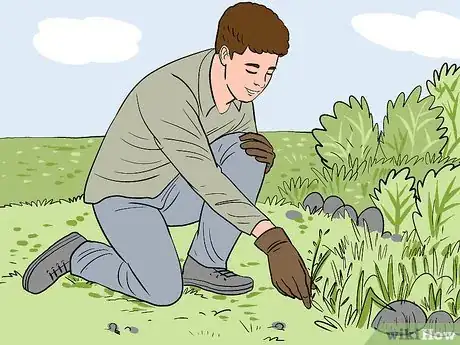


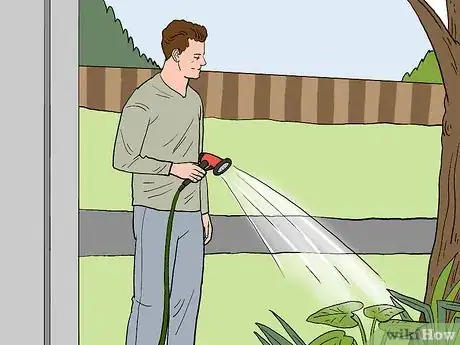


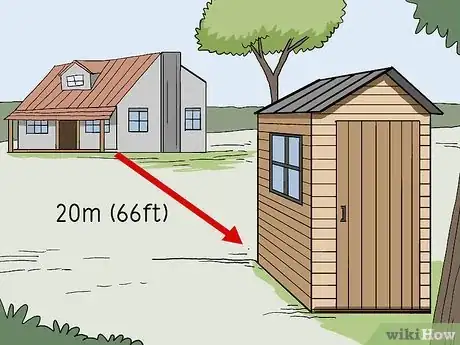







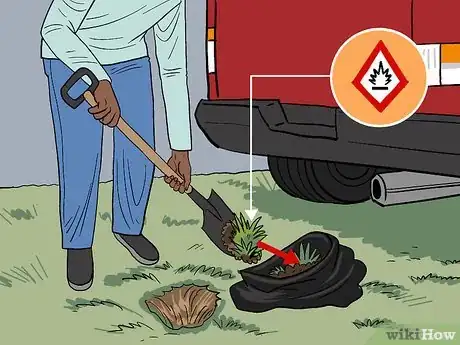




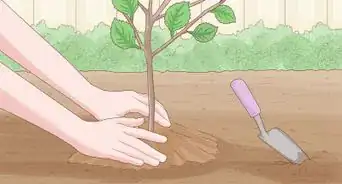


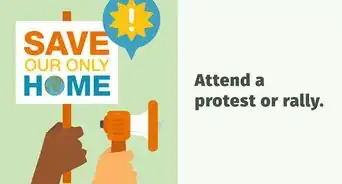
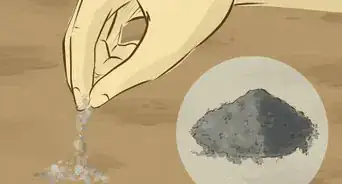

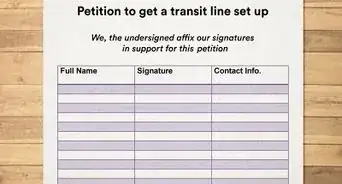
-Step-14-Version-6.webp)
